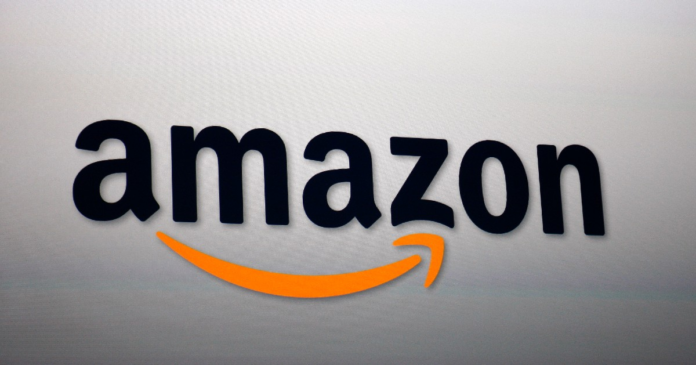By Seth Gellman
Source: David McNew/Getty Images
After a record-breaking year, Amazon looks to expand. The e-commerce conglomerate, which recorded earnings of $125.56 billion in the fourth quarter of 2020, announces its entrance into healthcare.
Amazon Care, which currently provides in-person and online services to Amazon’s online employees, will go nationwide. In addition, it aims to provide services to other companies. The virtual care program will go into effect across the nation by summer, but the in-person services will remain only in Washington D.C. and Washington state.
This is not the first time Amazon has tried telehealth, however. The tech giant previously tried a joint venture, Haven, with Berkshire Hathaway and JPMorgan in 2018. Additionally, after acquiring PillPack in 2018, Amazon partnered with Crossover Health to launch in-person clinics. There are now 17 sites across Michigan, Texas, Arizona, California, and Kentucky.
The evidence for a telehealth market has only increased since the pandemic started. In October, Teledoc reached an $18 billion deal to buy diabetes management firm Livongo. In February, Cigna announced that it will acquire virtual care platform MDLive. Last week, private telemedicine provider Dr. on Demand announced that it was merging with Grand Rounds, which offers healthcare navigation services.
In a statement, Amazon wrote, “By supplying Amazon Care as a workplace benefit, investors are investing in the health and well-being of arguably their most important asset: their employees.”
The move comes as Amazon faces scrutiny for working conditions at warehouses across the nation and their dismissal of unionization. There is currently a union election going on in Bessemer, Alabama, that would decide whether one workhouse will become the first Amazon warehouse in the nation to unionize.
As the market for telehealth becomes more evident, Amazon looks to enter the lucrative market. They do so amid controversy and opposition to a tech giant entering healthcare and potentially monopolizing different sectors. As they expand, it will be interesting to see how other telemedicine companies fare against Amazon and if a hybrid model finds success for telehealth firms.

